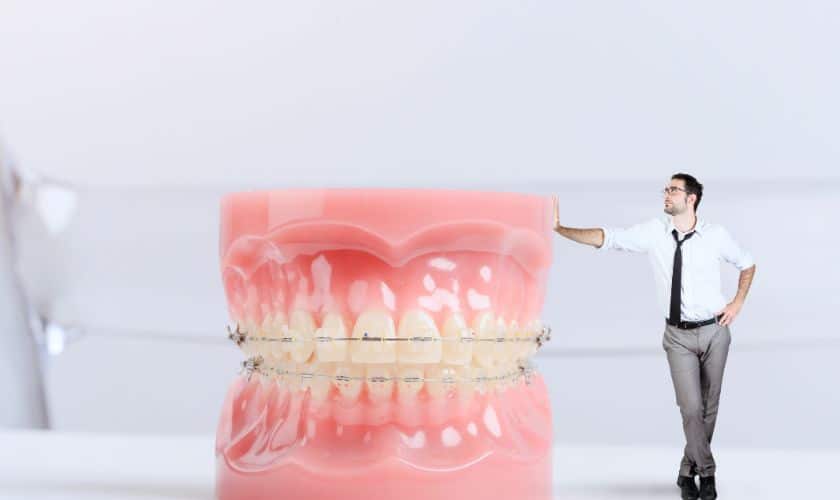Oral appliances serve many useful purposes. They help people who have problems with snoring and teeth grinding or bruxism. The oral appliances can prevent problems associated with issues such as these, but that does not mean they are perfect. They can also create a different problem if the user is not careful. It is possible that an oral appliance can lead to gum disease. Knowing how to prevent this is as important as using the oral appliance.
How Gum Disease Develop?
Understanding how gum disease works is the first step in preventing it when wearing an oral appliance. Gum disease is the result of a bacterial growth. The growth forms a film over the teeth and gums and that eventually allow plaque to form. The bacteria continue to grow in the plaque and leads to damage to the teeth and gums.
Bacteria starts to grow for different reasons. Trauma, aging and poor dental hygiene habits are among the most common causes. Unless the bacteria and plaque are removed, the gum disease will only get worse. It can lead to lost teeth, bleeding gums and much more.
The Role Of An Oral Appliance
When you put an oral appliance over your teeth and gums and leave it there as you sleep, the bacteria can grow on the appliance. If you do not remove the bacteria after using the oral appliance. It can end up on the teeth and gums and can lead to problems with gum disease. The simple solution is to add cleaning your oral appliance into your daily oral hygiene routine.
The second problem with an oral appliance is the fit. If they do not fit properly, they can cause abrasions on the gums that become a place for bacteria to grow. Because the shape of your teeth and gums changes over time, making sure the appliance fits can help prevent gum disease.
Just because an oral appliance can lead to problems with gum disease does not mean you should not use them. Instead, make sure you take care of them, your teeth and your gums diligently to prevent gum disease from starting.
For more information about this or any other dental issue, contact our office to schedule an appointment.

